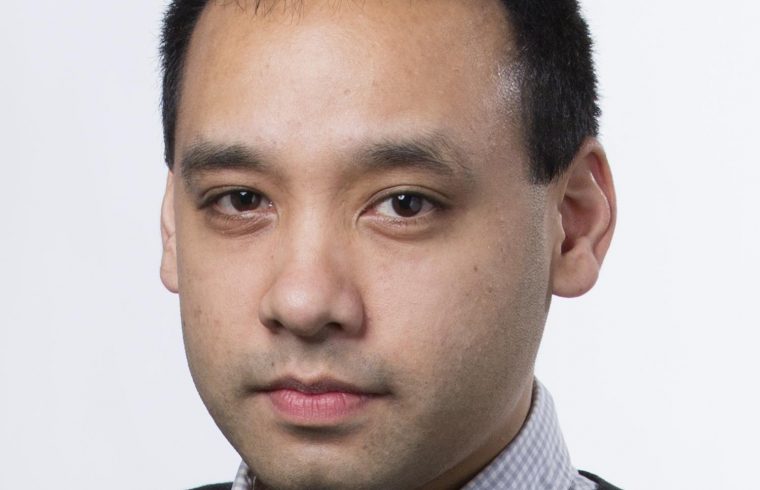The strong earthquake that jolted Southern California on the Fourth of July and could be felt from the Pacific Coast to Las Vegas has frayed residents’ nerves and left many wondering if the worst is yet to come.
The 6.4 magnitude temblor — the most powerful to shake the region in 20 years — comes after a relatively calm stretch of seismic activity. But scenes Thursday morning of people taking cover, objects tumbling off shelves and walls, and roadways cracked have punctuated fears that at any moment, the “Big One” could strike.
A series of aftershocks, including one early Friday at a magnitude 5.4, wasn’t helping to soothe anxieties.
In the wake of the powerful quake, which caused damage but no serious injuries, scientists say its occurrence isn’t moving the needle with respect to the “Big One” — but they considered the possibility of an earthquake of at least a 7.8 magnitude along the southern San Andreas Fault, which slices through California like a scar.
“This earthquake does not make the ‘Big One’ anymore likely or any less likely,” Lucy Jones, a seismologist with the California Institute of Technology’s seismology lab, said at a news conference Thursday.
In a tweet prior to the earthquake, Jones said the “real probability” of a monster event is about 2 percent per year or 1/20,000th each day.
It remains difficult for scientists to predict when a massive earthquake could hit, but models have indicated that there is a small chance that one the size of the 1906 San Francisco earthquake, of a 7.9 magnitude, could happen in the next 30 years, according to the Geological Survey.
Following an earthquake, aftershocks are common, and Jones said more than 80 have popped off after Thursday’s initial quake in the Mojave Desert, close to the small town of Ridgecrest and about 150 miles northeast of Los Angeles.
Seismologists have said that in the next week, there’s a 9 percent chance that an earthquake larger than a 6.4 magnitude could reverberate through the region, and an 80 percent chance of one that’s at least a 5.0 magnitude.
Two faults were involved in Thursday’s quake, but not the San Andreas, which is more than 100 miles away and in recent years was the subject of a Hollywood doomsday blockbuster.
Seismologists say the “Big One” would be 125 times stronger than Thursday’s earthquake and 44 times stronger than the 1994 Northridge earthquake, which killed 57 people and caused $49 billion in economic losses.
This latest quake was the strongest in the region since a 7.1 temblor hit in October 1999, about 32 miles north of the High Desert community of Joshua Tree.
This one was felt over such a wide area because it was shallow, only about 5 or 6 miles deep, according to the Southern California Earthquake Center.
California’s new ShakeAlert system detected the quake although it didn’t set off a public warning in Los Angeles County via a new smartphone app. Users are supposed to be alerted to earthquakes of at least a 5.5 magnitude, but by the time it rolled through Los Angeles, it was less than that, Los Angeles Mayor Eric Garcetti told NBC Los Angeles.
He said that officials would work to lower the threshold for triggering an alert “as long as we can do it in a way that doesn’t create mass hysteria.”












